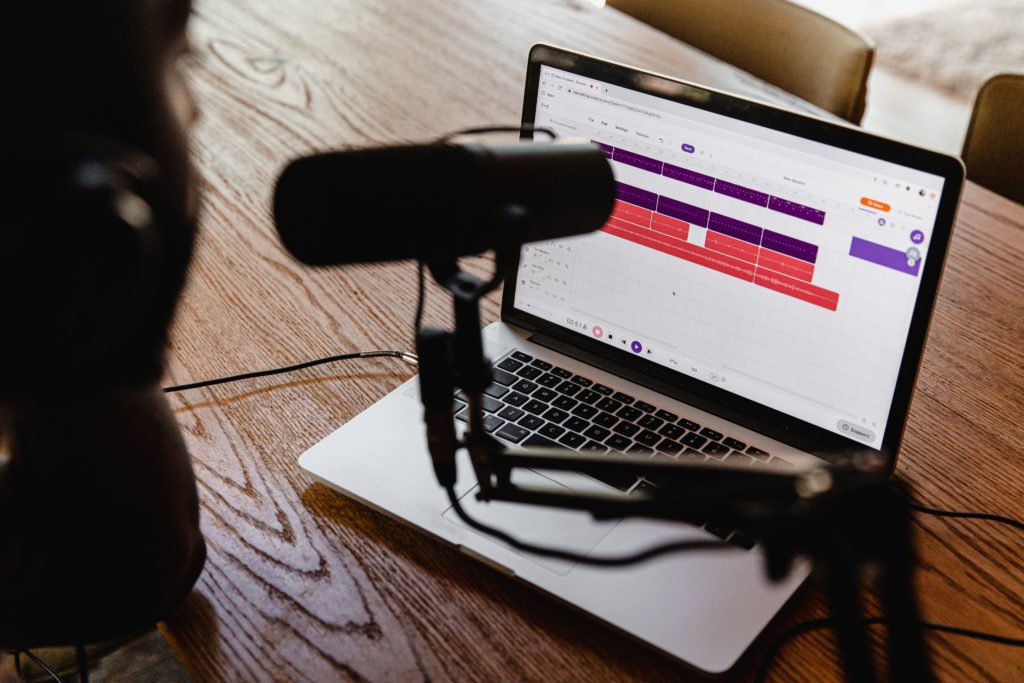
What is Authentic Assessment?
An authentic assessment is one in which students are presented with real-world tasks to demonstrate how to apply knowledge and skills.
As well as testing their knowledge of subjects they learn in class, an authentic assessment also focuses on their creativity, problem solving skills, written and oral expression and ability to apply what they have learnt to real situations experienced by professionals in the world of work.
Benefits to Using Authentic Assessment
Acknowledged benefits of implementing authentic assessment include:
- Authentic assessments test ’high order thinking skills’
- Assessments are more interesting and motivating for students as tasks are based on real life situations.
- Interdisciplinary knowledge and skills for life are usually required for effective accomplishment, and so employable skills are developed.
- The assessments provide opportunities to practise new skills in unfamiliar situations, mirroring real life – making engagement meaningful for students.
Senior Lecturer of Law, Dr Verona Ni Drisceoil, set her students an authentic presentation assessment, to improve their employability skills, while at the same time assessing key academic material regarding the English Legal System taught during the previous semester.
The Assignment
Dr Ni Drisceoil asked her students to imagine they were a trainee solicitor at a law firm, working on a case with their supervising solicitor. She presented them with a fictional case regarding a doctor who has been hosting online meetings with people wishing to end their lives due to terminal illness or irreversible conditions. A group called ‘Care to the End’ reported the doctor to the medical council and the local police, and he was subsequently charged with assisting suicide.
Verona asked the students to research a recent European Court of Human Rights (ECtHR) case, as well as the law on assisted suicide in England and Wales, and to prepare a Legal Case Presentation Briefing of 8-10 minutes for the doctor and two Partner Solicitors. As the client was unable to attend the briefing in person, they were asked to record the presentation to add it to the client’s file.
Verona issued the students with the following guidance and instructions:
- Ensure you wear something smart/professional.
- At the start of the presentation recording, introduce yourself, greet the client and partners and explain your brief.
- Share your presentation slides.
- Introduce the background of the previous legal case and the key legal issues of the case.
- Explain the reasoning of the ECtHR case.
- What elements of the ECtHR case support/weaken the doctor’s case?
- Outline your recommendations for the next steps in preparing the doctor’s case. Remember criminal law is premised on advocating on behalf of the client. The arguments made must be convincing.
- Conclude and thank everyone for listening.
After the Legal Case Briefing, she asked them to stay online to have a reflective debrief with the supervising solicitor, where she asked them to respond to the following questions:
- How did you find that experience?
- What did you do well?
- What aspects of the task did you find challenging?
- What could you improve on for next time?
Students were also provided with the following practical information:
- Instructions showing them how to record their presentation (which could be done using any screen recording software).
- Instructions advising them how to upload their recording to the assignment.
- Guidance on producing a presentation.
- The marking criteria used to assess the submission.
Feedback from tutors and students
During the reflective element of the assignment, students reported that they found the task challenging, as they had never done anything like this before. Despite this they were able to see the benefits. Many acknowledged that they are likely to be asked to do something similar when they enter the world of work, so it was good to be pushed out of their comfort zone while in a supportive environment, so that they were able to learn from the process.
While some of them commented that they found it strange speaking with no one else there, and some encountered technical issues, many acknowledged that they are likely to experience similar issues when working, so this developed their employable experience. Other feedback from the students and markers included that they found the task a refreshing change.
Markers also reported the process was more interesting, and so less taxing than marking a written submission. One marker noted ’It is a great idea to have these kinds of assignments. The students I have seen so far have appreciated the challenge and the relevance of this assignment to their future working lives.’
Lessons learnt
To improve the success of this assessment in future, we will act on the following observations:
- Students were unfamiliar with the technology used to produce the recording, as well as a new way to submit their assignment, and a few technical issues arose at the time of submission.
- For future assignments of this type, we agree that it is sensible to explore using a smaller, formative assessment beforehand, and possibly include participation in that assessment as part of the marking criteria for the summative assessment.
- We produced a list of FAQs, addressing troubleshooting and contingency issues, which can be given out at the start of the assignment, so students are aware of potential pitfalls and how to navigate them.
- It is useful to alert someone from the IT team beforehand, that there may be more technical calls on the day of submission, so that someone familiar with the issues is able to provide advice and reassurance to students when they are trying to record and submit their assignments.
- The use of a rubric to reflect the marking criteria made the marking of this assignment a much more objective and straightforward process.
If you would like help to explore or set up an assessment like this, please contact the Educational Enhancement team on tel@sussex.ac.uk.


